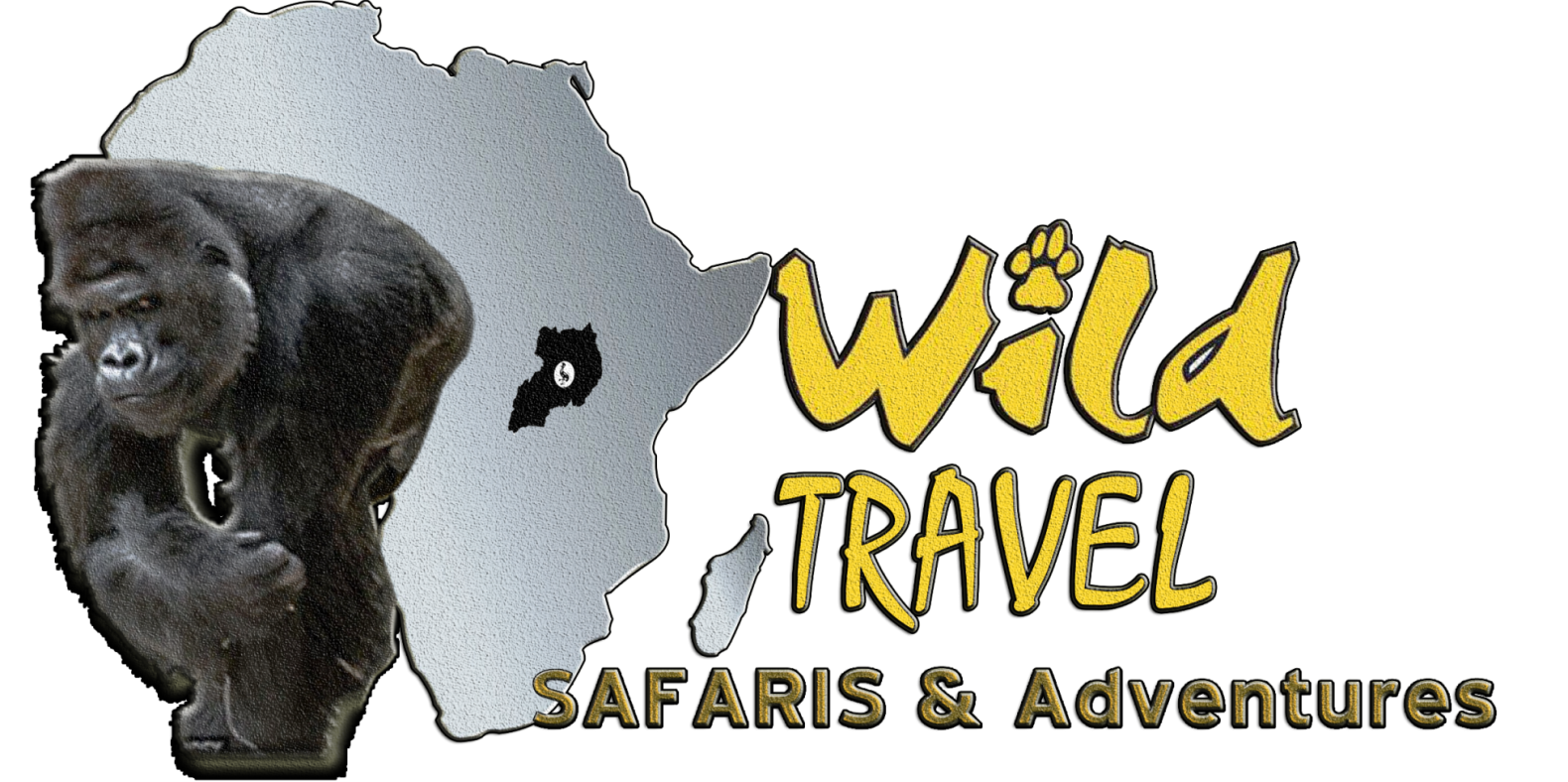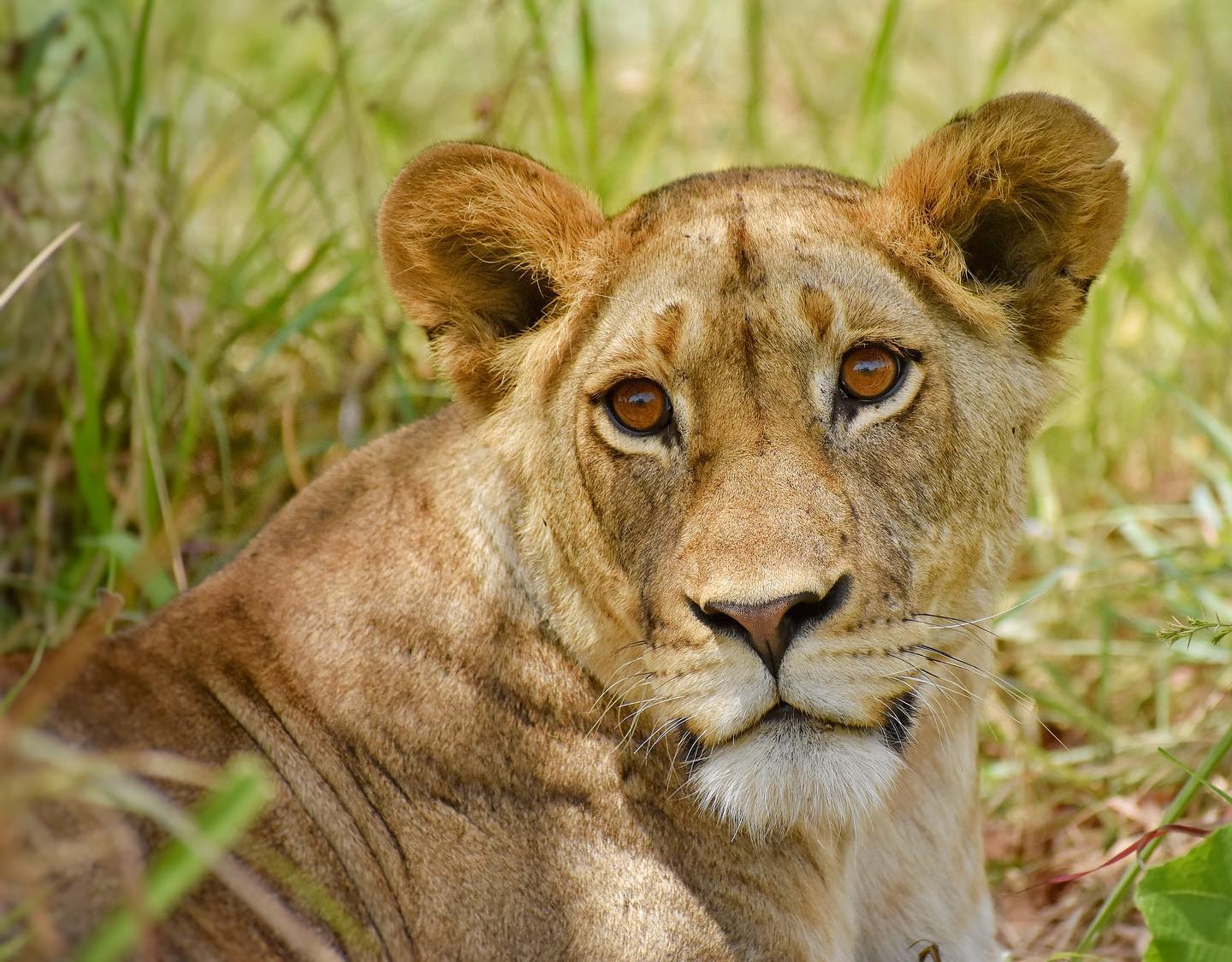Breeding lions in Africa
Breeding lions in Africa
Breeding lions in Africa often involves a combination of captive breeding programs and conservation efforts aimed at ensuring the long-term survival of wild lion populations. Some of the steps taken to breed lions in Africa include:
1. Captive Breeding Programs:
In some cases, lions are bred in captivity within specialized facilities such as zoos and wildlife reserves. These programs may aim to maintain genetic diversity, protect threatened lion populations, and provide opportunities for research and public education.
2. Genetic Management:
Zoos and wildlife organizations engage in careful genetic management to ensure that lions bred in captivity are healthy and genetically diverse. This helps maintain the overall health and resilience of lion populations.
3. Reintroduction Programs:
Some organizations work on reintroducing captive-bred lions into suitable wilderness areas, to help bolster wild populations. These programs typically involve careful monitoring and support to help the released lions adapt to their new environment.
4. Habitat Protection:
Protecting the natural habitats of lions is crucial for their long-term survival. Conservation organizations work to secure and manage protected areas where lions can thrive, while also addressing human-wildlife conflict and promoting sustainable land use practices.
5. Anti-Poaching and Wildlife Crime Prevention:
Lions are threatened by poaching and illegal wildlife trade. Conservation efforts often include anti-poaching initiatives and measures to combat wildlife crime to protect lion populations.
6. Community Involvement:
Engaging local communities in lion conservation is key. Programs that benefit local communities through sustainable development, education, and ecotourism can help foster positive attitudes towards lion conservation and reduce human-wildlife conflict.
It’s important to note that breeding lions in Africa should be part of a broader conservation strategy that prioritizes the protection of wild lion populations and their natural habitats. The goal is to ensure that lions continue to play their vital role in the African ecosystem for generations to come.

